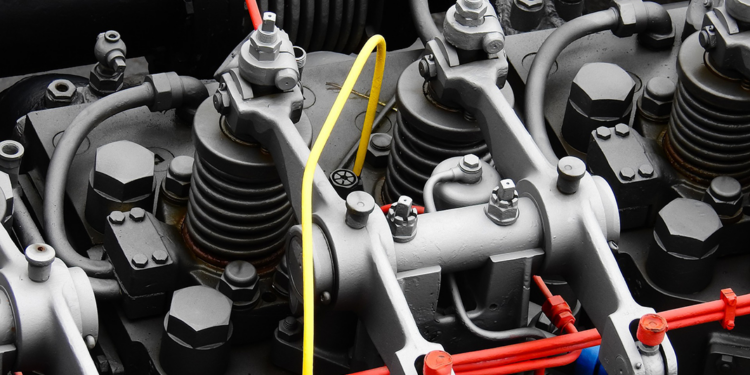Diesel engines, while less popular today, remain a valuable choice for heavy drivers in Africa due to their sobriety and reliability. However, poor maintenance can lead to serious and costly issues. Diesel engines are particularly susceptible to clogging and breakdowns when mishandled, especially during short journeys where the engine does not reach optimal temperatures. This leads to soot accumulation, which can damage critical components and result in expensive repairs.
Common Diesel Engine Issues and Solutions
Several problems can arise from poor maintenance of diesel engines. For instance, injector spray jets can wear out prematurely, costing up to €400 per replacement. Clogged ducts can scorch the cylinder head, requiring cleaning that costs around €1,200. The turbo fins can also wear out due to clogged internal walls, leading to bearing seal loss and repairs costing about €1,400. Additionally, the EGR valve can malfunction, impacting the particle filter (FAP). For effective regeneration, temperatures between 400 and 600°C are necessary, or the filter can clog, with replacement costs reaching €2,000.
Maintenance Tips for Diesel Engines
Frequent Oil Changes and Monitoring
Engine oil is crucial for lubrication, cleaning, and protection. Given the high output and temperatures diesel engines endure, doubling the frequency of oil changes is advisable. Follow the strictest recommendations or halve the mileage/time between oil changes. If the car is rarely driven, change the oil annually and replace the oil filter. Regularly check the oil level manually every 1,000 kilometers to avoid reaching the minimum level, and ensure it does not exceed the maximum, especially in vehicles with particle filters.
Regular Cleaning to Prevent Breakdowns
Daily short trips often prevent engines from reaching optimal temperatures, leading to component clogging and breakdowns. Regular cleaning is essential, particularly for diesel engines. At least once a month, drive at a constant speed above 3,000 rpm for 10 minutes when the engine is hot to clear impurities and delay FAP maintenance.
Advanced Cleaning Methods
Hydrogen Infusion Treatment: Companies like Flexfuel offer a treatment that injects a hydrogen and oxygen mixture into the air intake. This cleans various components, including the particle filter and, in some cases, the EGR valve. This preventive and curative treatment costs around €150 and helps improve combustion, eliminate smoke, and restore power.
Bardahl 360° Machine: This machine offers three cycles for regenerating injectors, air intake, and FAP by injecting a cleaning product to eliminate soot and scale. Recommended every 40,000 km for frequent urban drivers, this treatment preserves the turbo and reduces consumption, costing about €70.
Additional Care Tips
Avoid Stopping Abruptly After Long Drives
Hot diesel returning to the tank can cause condensation, which is harmful to the injection system. Refuel after long trips or before prolonged storage to prevent this. Avoid frequent small refuels with HDi FAP (PSA) diesels to prevent false alerts from the tank cap sensor.
Let Stop&Start Systems Operate
This feature helps save fuel and raises engine temperature more quickly in town, despite seeming inconvenient.
Proper Turbo Care: Warm the engine before use and allow it to cool down before shutting it off. Sudden stops can harm the FAP and the turbo, which continues to run without oil.
Drain Water from Diesel Filter: Regularly drain the diesel filter every 5,000 km to remove water molecules that can damage the injection system.
Monitor Air Filter: Ensure the air filter is clean, especially if driving in dusty areas, to prevent turbo damage.
By adopting these practices, diesel engines can remain reliable and efficient, ensuring longevity and performance in Africa’s diverse driving conditions.




